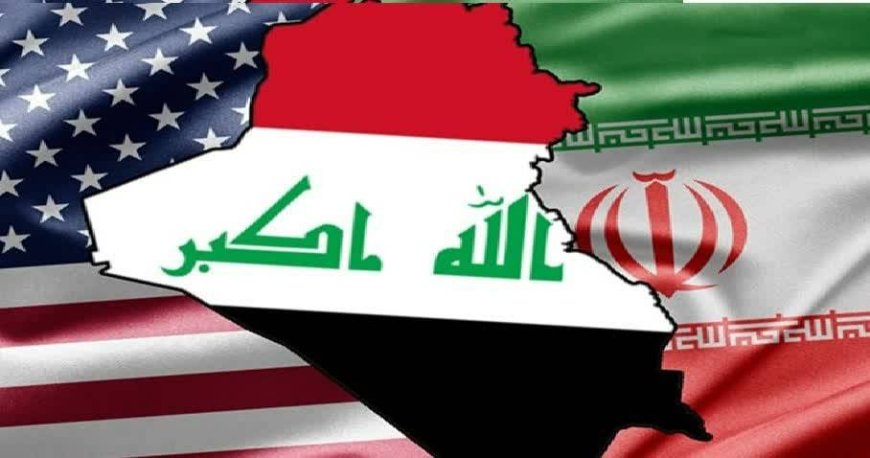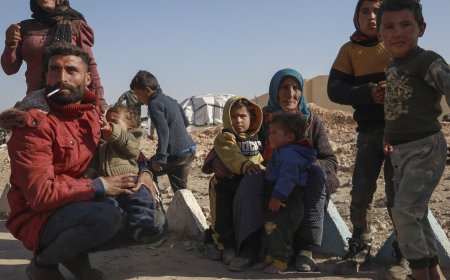The Dynamics of Iran-Iraq Trade Relations: Challenges and Future Prospects
The Dynamics of Iran-Iraq Trade Relations: Challenges and Future Prospects

Recently, the Wall Street Journal reported that 14 Iraqi banks were sanctioned for conducting dollar transactions with Tehran. This move aims to prevent currency transfers to Iran and reflects the US's goal of removing Iran from the Iraqi market. These sanctions not only discourage Baghdad from conducting business with Iran but also make neighbouring countries more hesitant to develop trade with Tehran. The highlighting of Baghdad's difficulties in paying debts to Iran due to US sanctions further reinforces the deterrent effect of sanctions on other countries' decision-makers.
To address the electricity crisis and the issues arising from importing electricity from Iran, Baghdad has various projects in mind. These projects include connecting to the electricity grids of the Persian Gulf Cooperation Council countries as well as grids in Saudi Arabia, Jordan, and Egypt. By doing so, Iraq aims to provide approximately 4,000 megawatts of electricity within the next two years to meet essential needs. Currently, Iraq imports 4,000 megawatts of electricity from Iran annually, while its power plants, with a production capacity of 20,000 megawatts, rely on imported gas from Iran. Although Iraq currently depends on Iran for electricity and gas, it intends to gradually reduce this reliance through its planned projects. Iraq's government currently requires 15,000 megawatts for a 24-hour electricity supply.
In addition to exploring connections to other countries' electricity sources, Iraq has recently signed a $10 billion contract with Total to produce 1,000 megawatts of solar energy and supply the necessary gas for power plants, most of which is imported from Iran. There are expectations that Iraq will achieve self-sufficiency in gas supply for these power plants by 2030. Furthermore, a contract has been signed with German company Siemens Energy this year to renovate power plants and generate 5,000 megawatts of electricity.
Contrary to some who attribute America's influence in Iraq solely to its military presence, this influence extends beyond hardware and heavily relies on soft power levers, such as the economy. Apart from the economic hegemony of the United States, which compels countries to comply with sanctions, the economic artery of Iraq is effectively under the control of the United States. Since 2003, Iraq's oil revenues have been deposited into an account at the Federal Reserve of the United States under the pretext of protecting Iraqi assets from claims by countries affected by Saddam Hussein's policies.
Despite the cancellation of this reason and the payment of the total war compensation of 52 billion dollars to Kuwait, with no further claims from any other country, Iraq's oil revenues continue to be deposited into the same account at the Central Bank of America. Although management and supervision of these assets were transferred to the Central Bank of Iraq in 2008, the United States still exercises control over them, which amount to approximately 115 billion dollars. Iraq cannot withdraw any funds from this account without the approval of the Central Bank of America. The withdrawal process involves the Central Bank of Iraq submitting a request explaining the purpose and destination of the funds, followed by a 20-day review period. The approved funds are then transferred to Baghdad via plane, with the costs of transfer and insurance calculated accordingly. Moreover, Iraq has doubled its investment in US securities to $40 billion in the past two years.
In summary, the United States holds significant influence in Iraq, not only due to its military presence but also through its control over Iraq's economic affairs. Iraq's trade decisions, including its relationship with Iran, are subject to the pressure exerted by the United States.













































